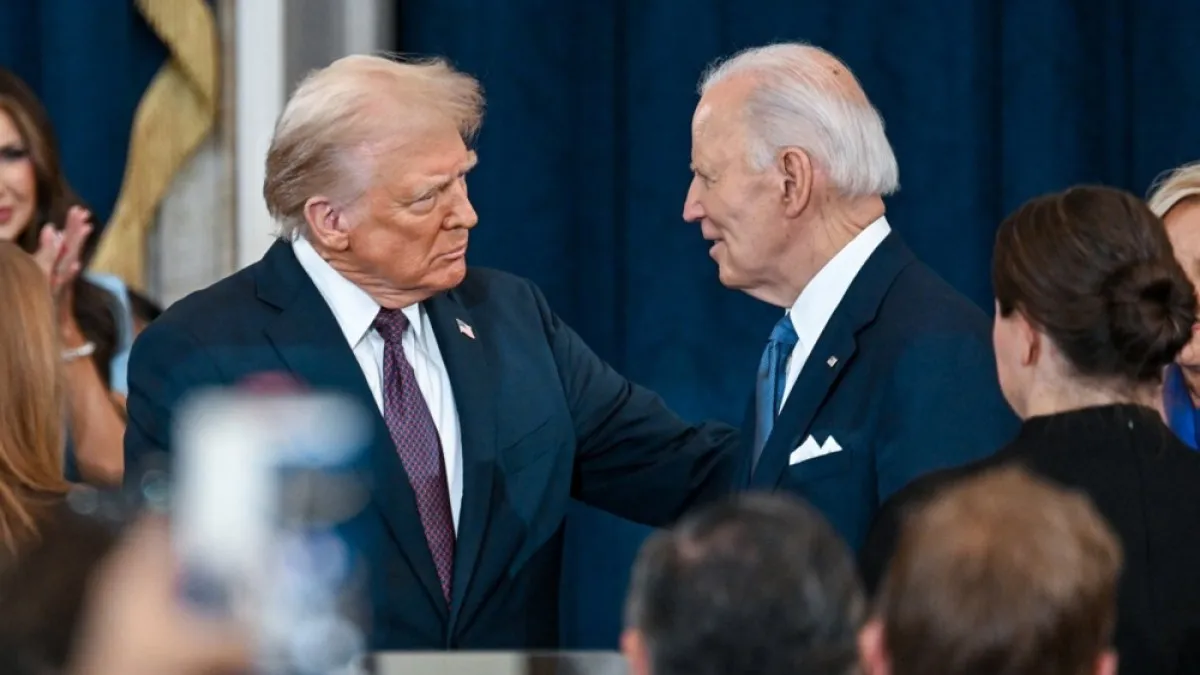
In a bold and controversial move, US President Donald Trump has officially revoked the security clearances of his predecessor, Joe Biden, and several other prominent political figures. This sweeping decision also impacts former Vice President Kamala Harris, along with various senior officials from the previous administration. In a memorandum issued on Friday, Trump stated, “I hereby direct every executive department and agency head … to revoke any active security clearances held by the aforementioned individuals.”
This latest executive action by Trump is perceived as part of a broader pattern of political reprisal against his opponents, especially targeting Biden and former senior White House officials. Traditionally, former presidents and their administration members retain their security clearances as a courtesy, but Trump’s decision marks a significant departure from this norm. Alongside Biden and Harris, the list of individuals stripped of their access to classified materials includes Biden’s family members, former Secretary of State Antony Blinken, and National Security Adviser Jake Sullivan. Notably, Hillary Clinton, the former Secretary of State and defeated presidential candidate, is also among those affected.
In the memorandum distributed to agency heads by the White House communications office, Trump emphasized that the named officials should no longer have access to classified information. He further directed all executive department and agency heads to revoke unescorted access to secure United States Government facilities for these individuals. This directive raises questions about the implications for national security and the precedent it sets for future administrations.
Trump's animosity toward Biden remains palpable, particularly as he continues to propagate false claims regarding the 2020 election, which he lost. His frustration has led to frequent public outbursts against his predecessor. In a twist of irony, in 2021, Biden had revoked the security clearance for Trump, who was then a former president himself. This back-and-forth highlights the contentious political climate in the United States.
Many individuals listed in Trump’s memorandum were high-profile political appointees from the Democratic administration. However, notable critics of Trump from within the Republican Party, such as former lawmaker Liz Cheney, have also found themselves on the list. Additionally, Fiona Hill, a British-born intelligence analyst who served in both Democratic and Republican administrations, including as an adviser during Trump’s tenure, is among those targeted. Hill is joined by Alexander Vindman, a retired senior officer in the US Army, who became a controversial figure after raising concerns about White House communications with Russia.
Included in Trump’s list are individuals such as Mark Zaid, a national security lawyer in Washington known for representing whistleblowers, and Adam Kinzinger, a former Republican lawmaker and outspoken Trump critic. This decision has sparked widespread debate regarding the motivations behind such actions and their potential impact on national security and political discourse.
As this situation unfolds, the implications of Trump's decision to revoke security clearances will likely continue to be a focal point in the ongoing narrative between the former and current administrations, reflecting the deep divisions present in American politics today.